Bali, known for its picturesque beaches and vibrant culture, is also home to a remarkable marine ecosystem that captivates divers and ocean enthusiasts alike. With its crystal-clear waters, diverse marine life, and extensive coral reefs, the island offers an unparalleled experience for those looking to immerse themselves in underwater adventures. Whether you’re seeking a Bali diving courses to earn your scuba diving certification or planning a trip to a Bali dive resorts for a breathtaking exploration, understanding what makes the island’s waters so special is essential. Additionally, as we explore the beauty beneath the surface, it’s crucial to discuss how we can collectively protect this precious ecosystem for future generations.
The Diversity of Bali’s Marine Life
Bali’s unique marine ecosystem is a vibrant tapestry woven with an astonishing variety of marine life that flourishes beneath its azure waters. The island is home to over 3,000 species of fish, colorful corals, and diverse marine organisms, making it a paradise for those pursuing Bali diving courses. From the thriving coral reefs in the North to the crystal-clear waters around Nusa Penida, Bali provides exquisite opportunities for both novice and advanced dive enthusiasts.
As scuba diving certification holders explore the depths, they will likely encounter majestic manta rays, playful dolphins, and the elusive mola mola, or sunfish, in their natural habitats. The rich biodiversity not only captivates divers but also plays a crucial role in maintaining the ecological balance of the marine environment. To protect this amazing ecosystem, it is essential for divers and visitors to practice sustainable diving techniques and respect local marine conservation efforts.
Bali dive resorts increasingly offer diving courses while emphasizing eco-friendly practices that minimize impact on delicate coral structures. Engaging in a diving lesson that includes conservation education empowers divers to become advocates for the protection of these underwater treasures. By choosing an open water diving courses or an advanced diving course that prioritizes sustainability, divers can ensure that future generations will have the chance to explore Bali’s remarkable marine life as they do today.
Top Diving Spots in Bali: Where to Experience the Best
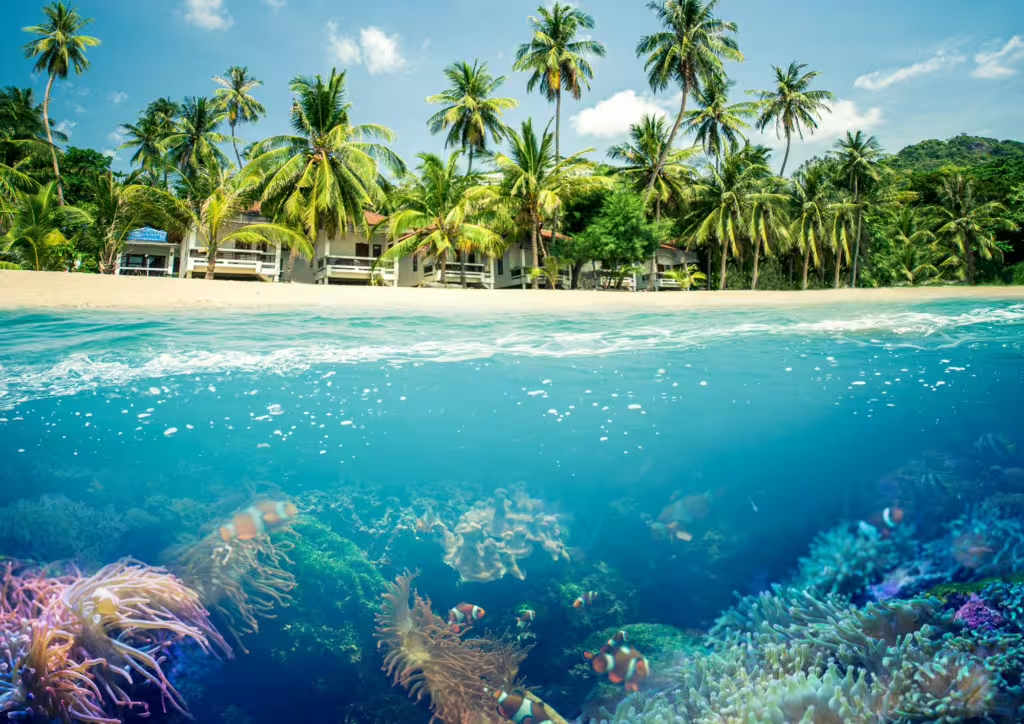
Bali is renowned for its vibrant and diverse marine ecosystem, making it a haven for divers from around the world. The island boasts numerous diving spots that cater to all levels, from beginners seeking to complete their open water diving courses to advanced divers looking for thrill-seeking adventures. Popular locations such as Tulamben, known for the iconic USAT Liberty wreck, and Amed, with its pristine coral gardens, provide breathtaking underwater vistas filled with colorful fish and unique marine life.
For those on a diving vacation, numerous Bali dive resorts offer comprehensive Bali diving courses and scuba diving certification to enhance your underwater experience. The diving spots around Bali not only showcase stunning marine biodiversity but also provide critical habitats for various aquatic species. Ecosystems such as the coral reefs at Nusa Penida and the vibrant ecosystems around Menjangan Island are essential for conservation efforts. By participating in a diving lesson or diving course, visitors can actively contribute to marine preservation while exploring the beauty beneath the waves. Engaging in responsible diving practices and supporting local conservation initiatives will ensure that future generations can also experience the wonder of Bali’s underwater paradise.
Bali Diving Courses: Your Path to Underwater Adventure
Bali is renowned for its stunning marine biodiversity, making it a coveted destination for diving enthusiasts from around the globe. Whether you’re a beginner wanting to experience the beauty beneath the surface or an experienced diver looking to enhance your skills, Bali diving courses are designed to cater to all levels. From introductory diving lessons to advanced diving courses, there is an abundance of options available.
Enrolling in an open water diving courses will not only equip you with the necessary skills but also allow you to explore some of the world’s most vibrant coral reefs, teeming with exotic marine life. With many reputable Bali dive resorts offering various packages, divers can easily find the right fit for their needs while enjoying luxurious amenities. As you embark on your underwater adventure, obtaining a scuba diving certification is crucial. Certification programs ensure that you are well-prepared to handle the underwater environment safely and responsibly.
The knowledge gained through these courses, such as understanding marine ecology and the importance of conservation, heightens your appreciation for Bali’s unique marine ecosystem. By choosing to participate in these Bali diving courses, not only do you enrich your own experience, but also contribute to the preservation of Bali’s underwater treasure, encouraging a culture of conservation among fellow divers.
Choosing the Right Bali Dive Resort for Your Needs
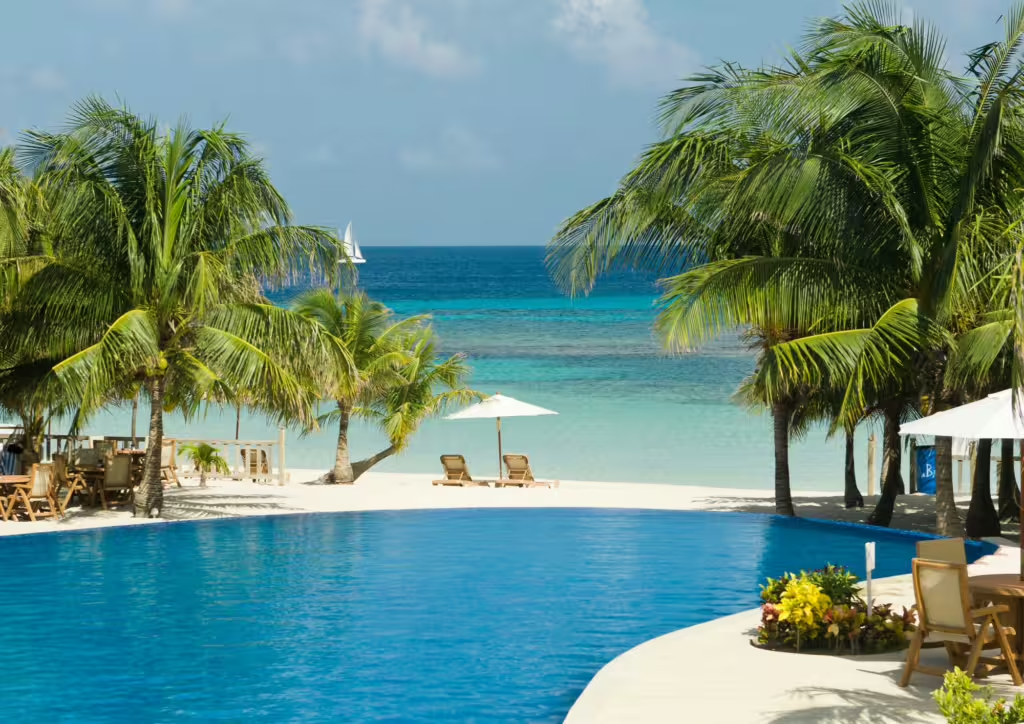
When it comes to experiencing the breathtaking underwater world of Bali, choosing the right dive resort is crucial for both your enjoyment and skill development. Many Bali dive resorts offer specialized programs like Bali diving courses and diving lessons tailored to different skill levels. Whether you are looking to earn your scuba diving certification or engage in an advanced diving courses, it’s essential to select a resort that aligns with your diving aspirations. Look for facilities that offer comprehensive training, experienced instructors, and access to diverse dive sites that showcase Bali’s unique marine ecosystem.
Evaluating options for accommodations and additional amenities can help enhance your diving experience, making it a memorable part of your Bali getaway. Additionally, the right Bali dive resorts should prioritize safety and conservation, ensuring that your diving adventure contributes positively to the surrounding environment. Resorts that incorporate eco-friendly practices and promote marine conservation initiatives can add significant value to your diving journey. By opting for a dive center that emphasizes responsible diving and actively participates in local conservation efforts, you’re not just diving; you’re also helping to protect the delicate marine ecosystem that makes Bali so special. This holistic approach to diving allows you to fully appreciate Bali’s natural wonders while supporting sustainability in the region.
The Importance of Scuba Diving Certification
Scuba diving certification is crucial for anyone looking to explore the mesmerizing underwater world of Bali. With its vibrant coral reefs, diverse marine life, and stunning dive sites, Bali has become a premier destination for diving enthusiasts worldwide. Obtaining a scuba diving certification not only enhances safety but also ensures that divers are equipped with the necessary skills and knowledge to responsibly interact with the fragile marine ecosystem. Various Bali diving courses, such as the open water diving courses and advanced diving courses, are designed to cater to all levels, from beginners to experienced divers. These courses provide essential training, enabling individuals to enjoy Bali’s spectacular underwater scenery while minimizing their impact on the environment.
In addition to personal safety and skill development, scuba diving certification fosters a deeper appreciation for the underwater ecosystems that must be protected. Responsible diving practices learned during diving lessons promote conservation awareness, allowing divers to contribute to the preservation of Bali’s marine environment. Dive resorts across the island often partner with conservation organizations, offering programs that emphasize eco-friendly diving practices and community involvement. By becoming certified divers, individuals not only embark on unforgettable underwater adventures but also play a vital role in safeguarding Bali’s unique marine ecosystem for future generations.
Understanding the Impact of Tourism on Bali’s Waters
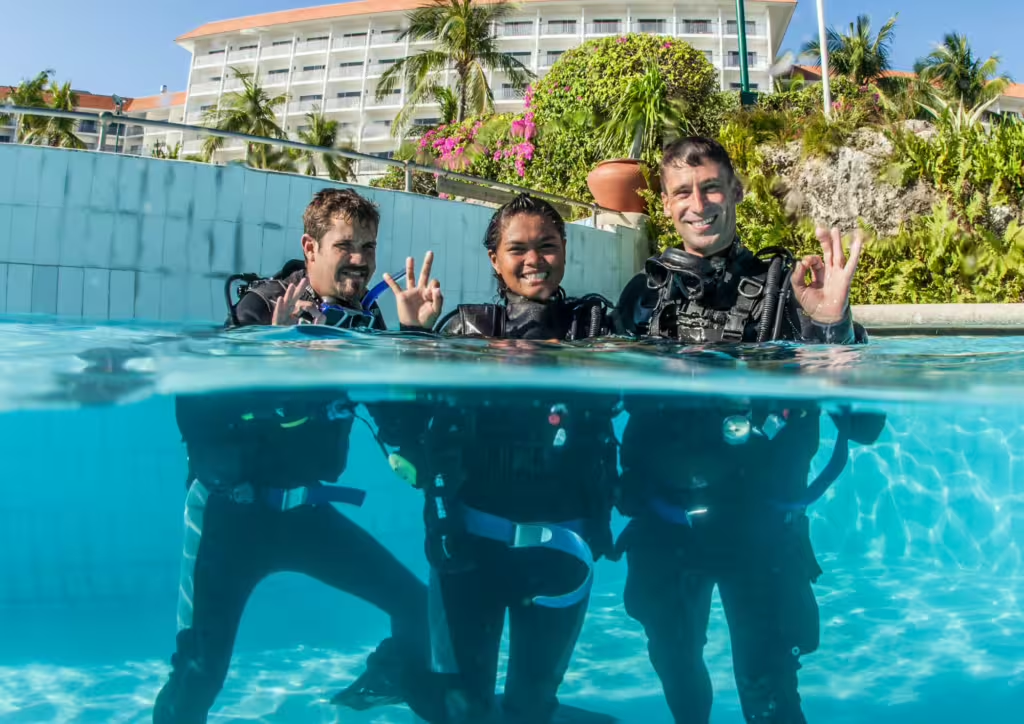
Bali, renowned for its stunning landscapes and vibrant culture, also boasts a unique marine ecosystem that attracts divers and nature enthusiasts alike. However, the surge in tourism poses significant challenges to the preservation of these delicate underwater habitats. Increasing numbers of visitors engaging in Bali diving courses and other water activities can lead to coral reef damage, overfishing, and pollution. Local dive resorts face the challenge of balancing tourism growth with sustainable practices, as more visitors seek scuba diving certification and participate in diving lessons.
The popularity of recreational diving, particularly in areas like Nusa Penida and Tulamben, underscores the need for responsible tourism that protects these invaluable resources while still allowing people to experience their beauty. To mitigate the adverse effects of tourism on Bali’s waters, it is vital for stakeholders to implement effective conservation strategies. This includes promoting eco-friendly Bali dive resorts that prioritize reef safety, enhancing educational programs for divers about marine protection, and sponsoring local initiatives to clean and preserve the ocean.
Additionally, introducing advanced diving courses that focus on environmental stewardship can empower divers with the knowledge to safeguard these ecosystems. By fostering a culture of respect and responsibility, we can ensure that Bali’s marine wonderland remains a thriving habitat for generations to come.
Conservation Efforts: How You Can Help Protect Bali’s Marine Ecosystem
Bali’s marine ecosystem is a treasure trove of biodiversity, but it faces numerous threats from pollution, overfishing, and climate change. To combat these challenges, various conservation organizations and local initiatives have sprung into action. Educating tourists and locals about the significance of preserving marine habitats is fundamental. Participating in Bali diving courses offered by reputable Bali dive resorts not only enhances your scuba diving certification but also increases awareness about underwater conservation. These courses often incorporate lessons about the delicate balance of marine life, equipping divers with the knowledge to advocate for responsible diving practices and marine protection.
You can also contribute to conservation efforts by supporting sustainable tourism practices. Opt for diving schools and resorts that focus on eco-friendly operations, such as reef-cleaning initiatives and programs that fund marine protection efforts. Many Bali diving courses offer opportunities to get involved directly in conservation activities, like participating in coral restoration projects. By choosing to engage in these experiences, you actively help safeguard Bali’s unique underwater world while enjoying unforgettable adventures in its beautiful waters. Every small action can make a significant impact, helping to ensure that future generations can also marvel at the vibrant marine life that Bali has to offer.
Tips for Responsible Diving: Best Practices for Divers
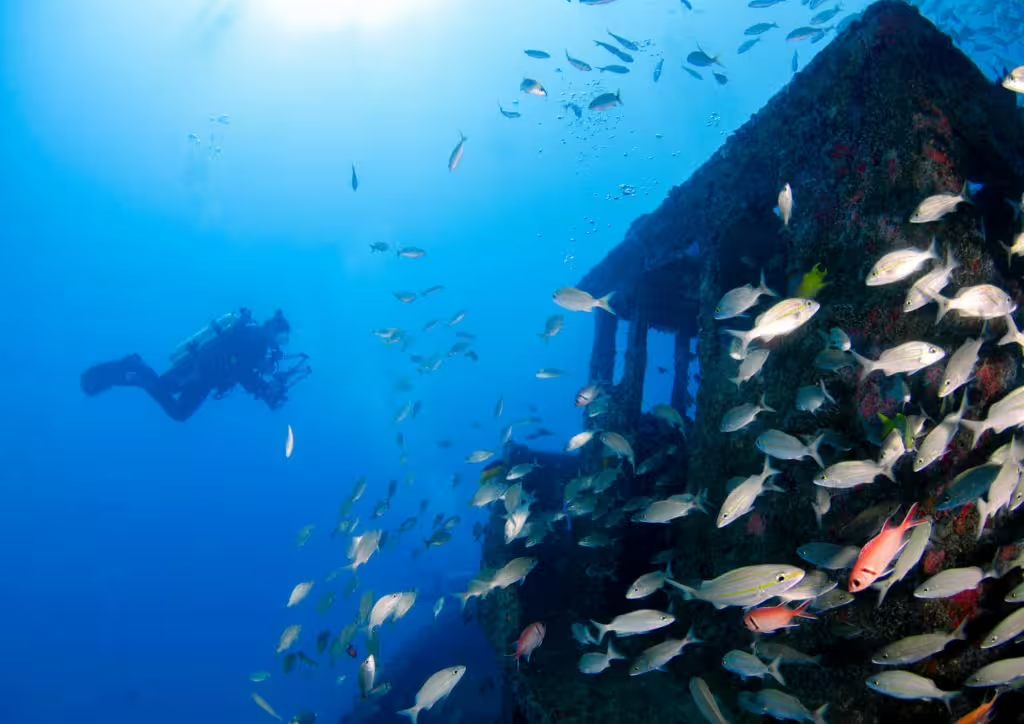
When exploring Bali’s vibrant underwater world, it’s essential to approach diving with a sense of responsibility. Start by choosing a reputable Bali dive resorts that prioritizes sustainable practices and offers Bali diving courses focused on eco-consciousness. Make sure to participate in a diving course that educates you about the local marine life, its conservation status, and the impact of human activities on these delicate ecosystems.
This foundational knowledge is crucial for every diver, whether you are pursuing your first scuba diving certification through an open water diving courses or advancing your expertise in an advanced diving courses. By understanding what to look for and how to behave, divers can significantly reduce their impact while enjoying the breathtaking beauty of Bali’s underwater habitats. Another key practice for responsible diving is to maintain control of your buoyancy and avoid touching sensitive marine creatures and habitats.
Refrain from collecting souvenirs, as removing coral or marine life disrupts the ecosystem and threatens its integrity. Aquatic organisms may retreat under threats or endure harm when disturbed, so adopt a hands-off approach while photographing or observing marine life during your diving lessons. Practicing these responsible diving techniques will ensure that Bali’s unique marine wonders remain preserved for future generations to enjoy, fostering a cleaner, healthier ocean environment around the island.
Preserving Bali’s Underwater Paradise
In conclusion, Bali’s unique marine ecosystem not only draws divers from around the world with its vibrant coral reefs and diverse marine life but also presents an urgent need for conservation efforts. Through initiatives such as responsible diving courses and partnerships with Bali dive resorts, both locals and tourists can play a vital role in protecting these underwater habitats. Programs like scuba diving certification and open water diving courses often include education on sustainable practices, empowering individuals to be stewards of the ocean.
By embracing these values, we can ensure future generations also have the opportunity to experience Bali’s breathtaking aquatic beauty. Furthermore, as we venture into advanced diving courses and engaging diving lessons, it’s crucial to remember the impact we have on these delicate ecosystems. Small changes in our behavior while enjoying these waters, such as avoiding physical contact with corals and properly disposing of waste, can significantly contribute to preservation efforts. Every dive offers an opportunity to learn and contribute positively to Bali’s marine life. Together, we can continue to explore and protect the enchanting underwater world that makes Bali truly unique.

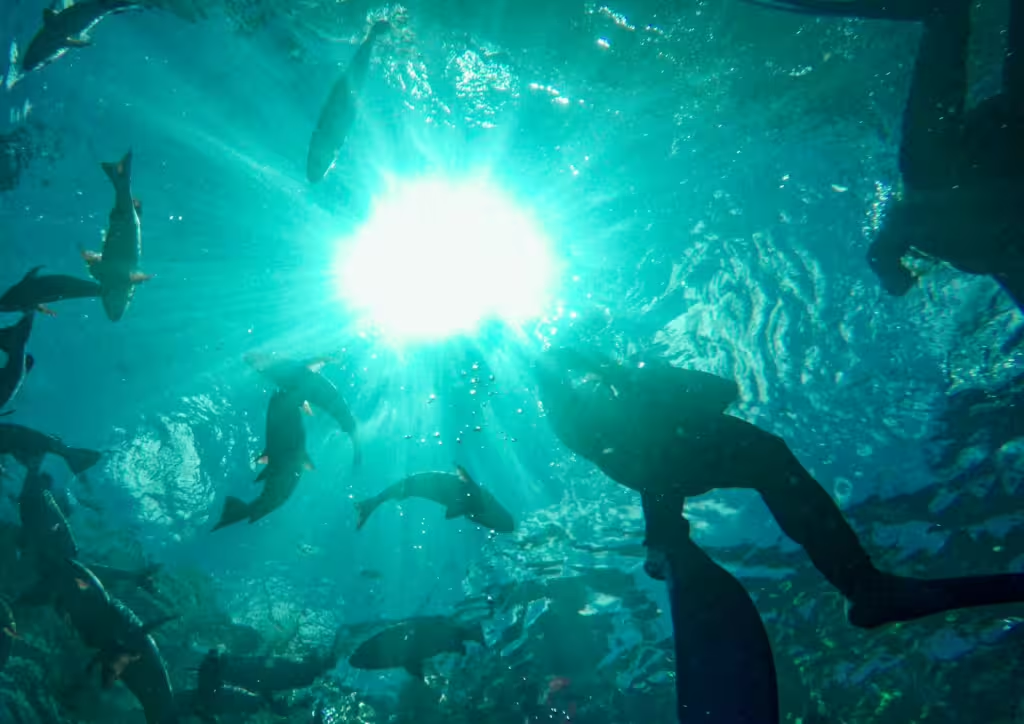
What a great post! I love learning more about Bali’s marine life and the importance of conservation. This is definitely something that resonates with me, especially as a diver.
Thank you so much for your kind words, Elaine! We’re thrilled to hear that our post resonated with you. As a diver yourself, we know how important it is to protect the marine life and ecosystems around us. At Pebble & Fins, we’re committed to providing not only top-notch diving experiences but also educating our guests about responsible diving practices and conservation efforts. We appreciate your passion for this cause and look forward to sharing more stories and tips on how we can all make a positive impact on Bali’s underwater world.
I completely agree! As someone who’s passionate about diving and the ocean, it’s crucial we take steps to protect our planet’s marine ecosystems. Kudos to the authors for sharing their knowledge and expertise!
Thank you for sharing your thoughts, Kieran! I’m glad to hear that you’re passionate about diving and the ocean. It’s indeed crucial that we take steps to protect our planet’s marine ecosystems. At Pebble & Fins, we’re committed to promoting sustainable tourism practices and supporting local conservation initiatives. We believe that responsible diving practices can make a significant impact in preserving Bali’s unique underwater world. Thank you for joining us on this mission!
Fascinating read! I’m always eager to learn more about the marine life in Bali, and this post did not disappoint. Thanks for sharing your expertise!
Thank you, Astrid! We’re glad you found the post informative and engaging. At Pebble & Fins, we’re passionate about sharing our knowledge of Bali’s marine life with others. If you have any specific questions or topics you’d like to learn more about, feel free to ask us anytime. And don’t forget to check out our blog for more in-depth articles on diving, conservation, and Bali’s unique underwater world.